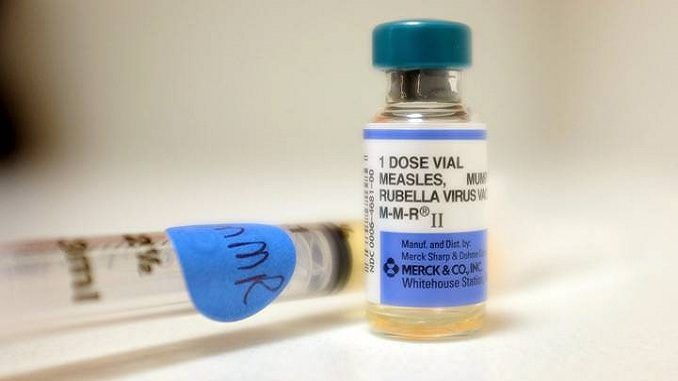
As the race for a vaccine against the new coronavirus intensifies, rich countries are rushing to place advance orders for the inevitably limited supply to guarantee their citizens get immunized first – leaving significant questions about whether developing countries will get any vaccine before the pandemic ends, The Associated Press reported.
Earlier this month, the United Nations, International Red Cross and Red Crescent, and others said it was a “moral imperative” that everyone have access to a “people’s vaccine.” But such grand declarations are unenforceable, and without a detailed strategy, the allocation of vaccines could be extremely messy.
“We have this beautiful picture of everyone getting the vaccine, but there is no road map on how to do it,” said Yuan Qiong Hu, a senior legal and policy adviser at Medecins Sans Frontieres in Geneva. She said numerous problems must be resolved to manage distribution and that few measures have been taken.
In the past, Hu said, companies have often applied for patents for nearly every step of a vaccine’s development and production: from the biological material like cell lines used, to the preservative needed to stretch vaccine doses and even how the shots are administered.
“We can’t afford to face these multiple layers of private rights to create a ‘people’s vaccine’,” she said, urging “very open conditions” so every manufacturer capable of doing so can produce a vaccine once its proven effective.
Speaking at a vaccine summit earlier this month that addressed the thorny issue of equitable distribution, Ghanaian President Nana Akufo-Addo agreed.
“The global spread of COVID-19 has told us in no uncertain terms that disease knows no boundaries and no country can afford to go it alone,” he said. “Only a people’s vaccine with equality and solidarity at its core can protect all of humanity from the virus. … A bold international agreement to this end cannot wait.”
Worldwide, about a dozen potential COVID-19 vaccines are in early stages of testing. While some could move into late-stage testing later this year if all goes well, it’s unlikely any would be licensed before early next year at the earliest. Still, numerous rich countries have already ordered some of these experimental shots and expect delivery even before they are granted marketing approval.
Britain and the U.S. have sunk millions of dollars into various vaccine candidates, including one being developed by Oxford University and manufactured by AstraZeneca. In return, both countries are expected to get priority treatment; the British government declared that if the vaccine proves effective, the first 30 million doses would be earmarked for Britons.
Separately AstraZeneca signed an agreement to make at least 300 million doses available for the U.S., with the first batches delivered as early as October. In a briefing Tuesday, senior Trump administration officials said there will be a tiered system to determine who in America is offered the first vaccine doses. Tiers likely would include groups most at risk of severe disease and workers performing essential services.
Last week, the European Union moved to ensure its own supply. On Saturday, AstraZeneca struck a deal with a vaccines group forged by Germany, France, Italy and the Netherlands to secure 400 million doses by the end of the year.




Be the first to comment